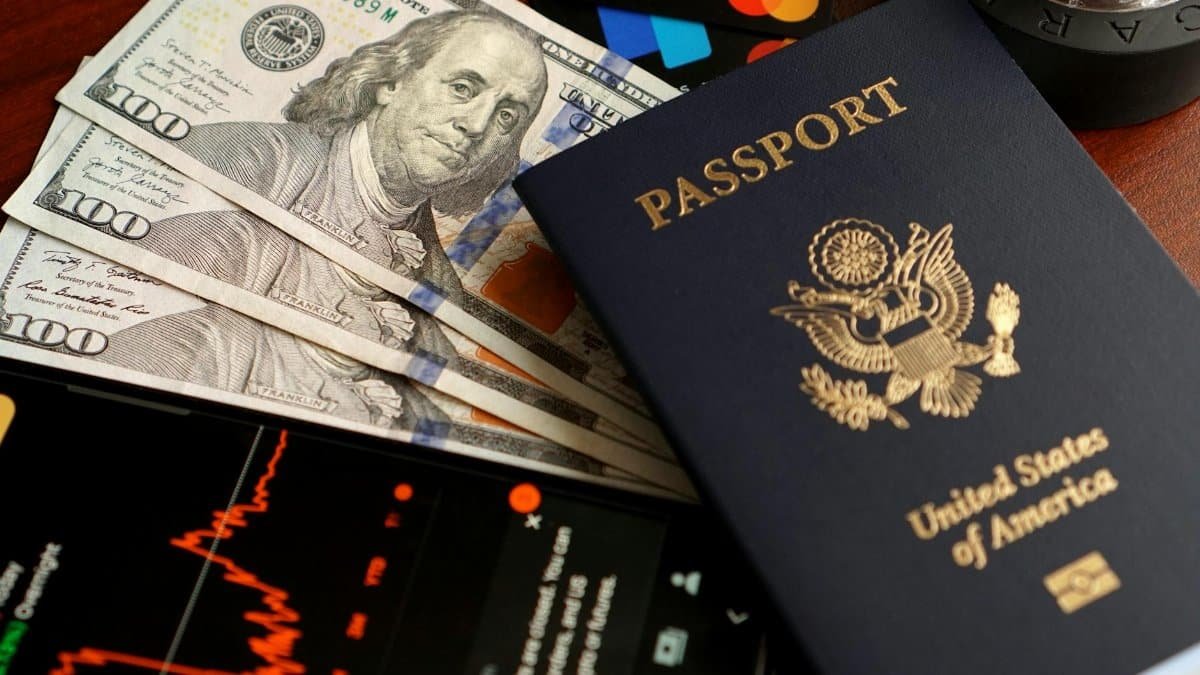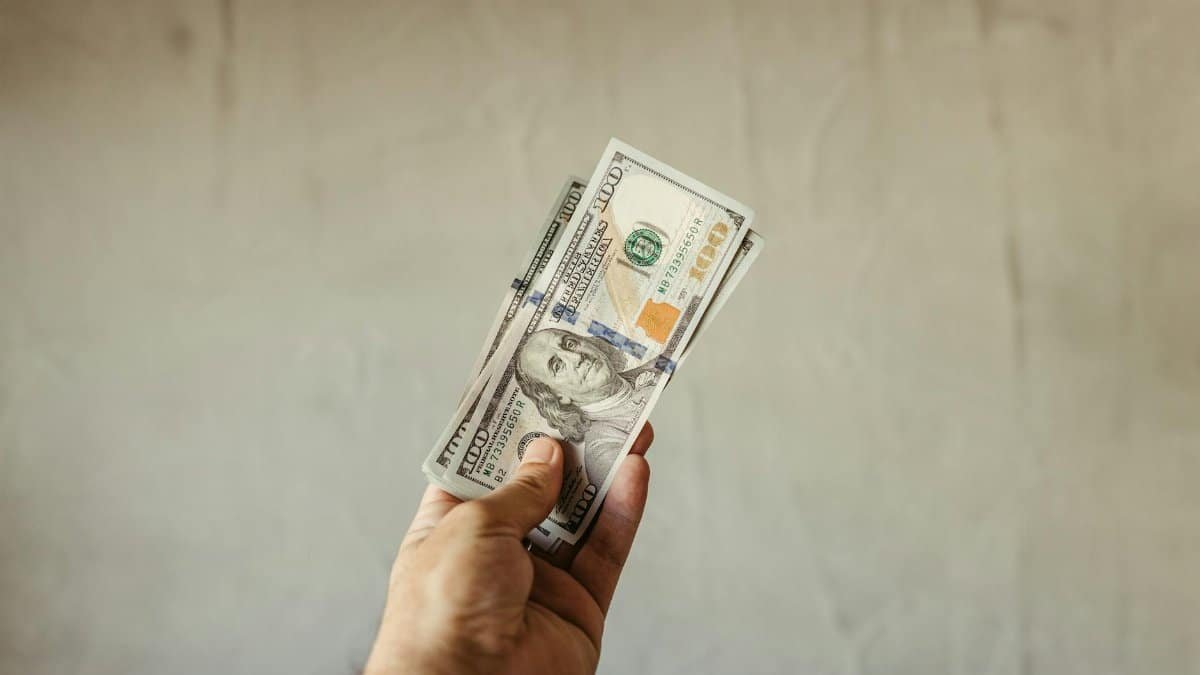Imagine a quiet morning in a small-town diner, where a group of friends huddles over coffee and calculators, not just tallying expenses but debating what truly matters to them. One insists on cutting back on dining out to fund a local charity; another prioritizes saving for a family trip that’s been delayed for years. Their conversation isn’t just about numbers—it’s about values. This scene, increasingly common across America, captures the essence of purpose-led budgeting. It’s a shift from mindless spending to intentional allocation, where every dollar reflects a personal or communal priority. As financial pressures mount in 2025, more people are seeking ways to make their money mirror their deepest beliefs. This approach isn’t just a trend; it’s a response to a growing need for meaning in a world often driven by consumption.
The Roots of Purpose-Led Budgeting

What drives someone to rethink their budget through the lens of purpose? For many, it’s a reaction to the dissatisfaction of chasing material gains without fulfillment. Studies show that financial stress remains a top concern for Americans, with a 2023 survey from the American Psychological Association noting that 72% of adults feel anxious about money at least occasionally. Yet, purpose-led budgeting offers a counterpoint: aligning spending with values can reduce that stress by fostering a sense of control and clarity.
This isn’t a new idea, though. It echoes historical practices, like tithing in religious communities, where a portion of income was dedicated to spiritual or communal goals. Today, the concept has evolved, embracing secular ideals—sustainability, family, personal growth—while maintaining that core principle of intentionality. It’s less about deprivation and more about direction.
Defining What Matters Most

At the heart of purpose-led budgeting lies a simple, often challenging question: What do you value most? For some, the answer comes quickly—supporting a child’s education or securing a stable retirement. For others, it’s a process of peeling back layers of societal expectation to uncover authentic priorities. A recent discussion in online forums revealed a common struggle: one person shared how they felt trapped by “keeping up” with peers until they listed their true goals—health and community—and reshaped their budget accordingly.
This step isn’t just emotional; it’s practical. Writing down values forces clarity. Tools like budgeting apps often include features to categorize spending by personal goals, making it easier to track alignment. The act of naming priorities transforms abstract ideals into concrete financial plans, a shift that can feel both grounding and liberating.
From Values to Numbers

Once values are identified, the next hurdle is translating them into a workable budget. This often means assigning percentages or fixed amounts to categories that reflect those priorities—say, 10% of income to environmental causes or 20% to a travel fund. Data from the Pew Research Center highlights that only about a third of Americans feel they’re meeting their financial goals, suggesting a disconnect between intention and execution. Purpose-led budgeting aims to bridge that gap.
Consider a hypothetical family in Ohio. They value education and community, so they allocate extra funds to their child’s college savings and a local mentorship program, even if it means fewer vacations. It’s not sacrifice; it’s choice. The numbers on the spreadsheet become a storyboard of their life’s mission, a visual reminder of why they’re saving or spending.
The Emotional Weight of Money

Money isn’t just currency—it’s emotion. A 2022 study by the National Institutes of Health found that financial stress can elevate risks of heart disease among lower-income adults, underscoring the profound link between finances and well-being. Purpose-led budgeting tackles this by reframing money as a tool for peace, not pressure. When spending aligns with values, the guilt of “wasting” money often fades.
Think of a single parent who, after years of stretching every dollar, decides to budget for a monthly art class because creativity is their outlet. That small line item isn’t frivolous; it’s a lifeline. Such decisions reveal how purpose can transform even modest budgets into sources of joy rather than strain, shifting the emotional narrative around money.
Navigating Trade-Offs and Tension

Of course, aligning money with values isn’t always seamless. Trade-offs sting. A young professional might value both career growth and social impact, but funding a professional course could mean less for charitable giving. These tensions are real, and they force tough conversations. Data from a 2021 report by the U.S. Bureau of Labor Statistics shows that average household spending on education and donations often competes with rising costs in housing and healthcare, leaving little room for error.
Yet, this friction can be productive. It pushes individuals to refine their priorities, to ask whether a value is core or aspirational. Some find creative solutions—bartering skills for classes, or crowdfunding for causes. Others adjust expectations, recognizing that purpose doesn’t demand perfection, just progress. The process, though messy, often deepens self-awareness.
Community as a Budgeting Compass

Purpose isn’t always personal; it can be communal. Across the U.S., groups are forming—online and in person—to support each other in purpose-led budgeting. In a small Seattle meetup, for instance, participants shared stories of redirecting holiday spending toward collective goals, like funding a neighborhood garden. Their budgets became a shared tapestry, weaving individual values into a larger mission.
This collective approach adds accountability. When friends or neighbors commit to similar financial goals, straying from the plan feels less like a private slip and more like letting down a team. It’s a subtle but powerful motivator. As social isolation remains a concern in 2025, these budgeting circles also combat loneliness, proving that money, when tied to purpose, can build more than wealth—it can build connection.
Sustainability and the Bigger Picture

For many, purpose-led budgeting extends beyond the self to the planet. Environmental concerns are driving financial decisions, with more Americans allocating funds to sustainable products or carbon offset programs. The urgency is clear: aligning budgets with ecological values feels like a tangible way to contribute to a larger fight.
Take a couple in California who cuts subscription services to afford solar panel payments. Their budget reflects a commitment to reducing their footprint, even at personal cost. This mirrors a broader shift—money as a vote for the world they want to see. It’s not always easy, especially when green choices come with higher upfront costs, but for those who prioritize it, the sense of agency is worth the price.
Sticking to the Path

Intentions are one thing; consistency is another. Life throws curveballs—unexpected medical bills, job changes, or simply the temptation of a fleeting desire. Staying true to a purpose-led budget requires flexibility, not rigidity. Experts suggest revisiting goals quarterly, adjusting as values or circumstances evolve. It’s less about perfection and more about persistence.
Technology helps. Apps can send reminders of long-term goals when impulse spending looms. Support systems, whether family or financial advisors, can offer perspective during shaky moments. Ultimately, the strength of this approach lies in its adaptability—purpose isn’t static, and neither should a budget be. As one person put it, “It’s not a cage; it’s a map. You can take detours, as long as you know where you’re headed.”
Natasha is the heart of our exploration into conscious connection. Applying principles from multiple counseling courses in her own life, she guides you to cultivate stronger, more joyful bonds.
Disclaimer
The content on this post is for informational purposes only. It is not intended as a substitute for professional health or financial advice. Always seek the guidance of a qualified professional with any questions you may have regarding your health or finances. All information is provided by FulfilledHumans.com (a brand of EgoEase LLC) and is not guaranteed to be complete, accurate, or reliable.
